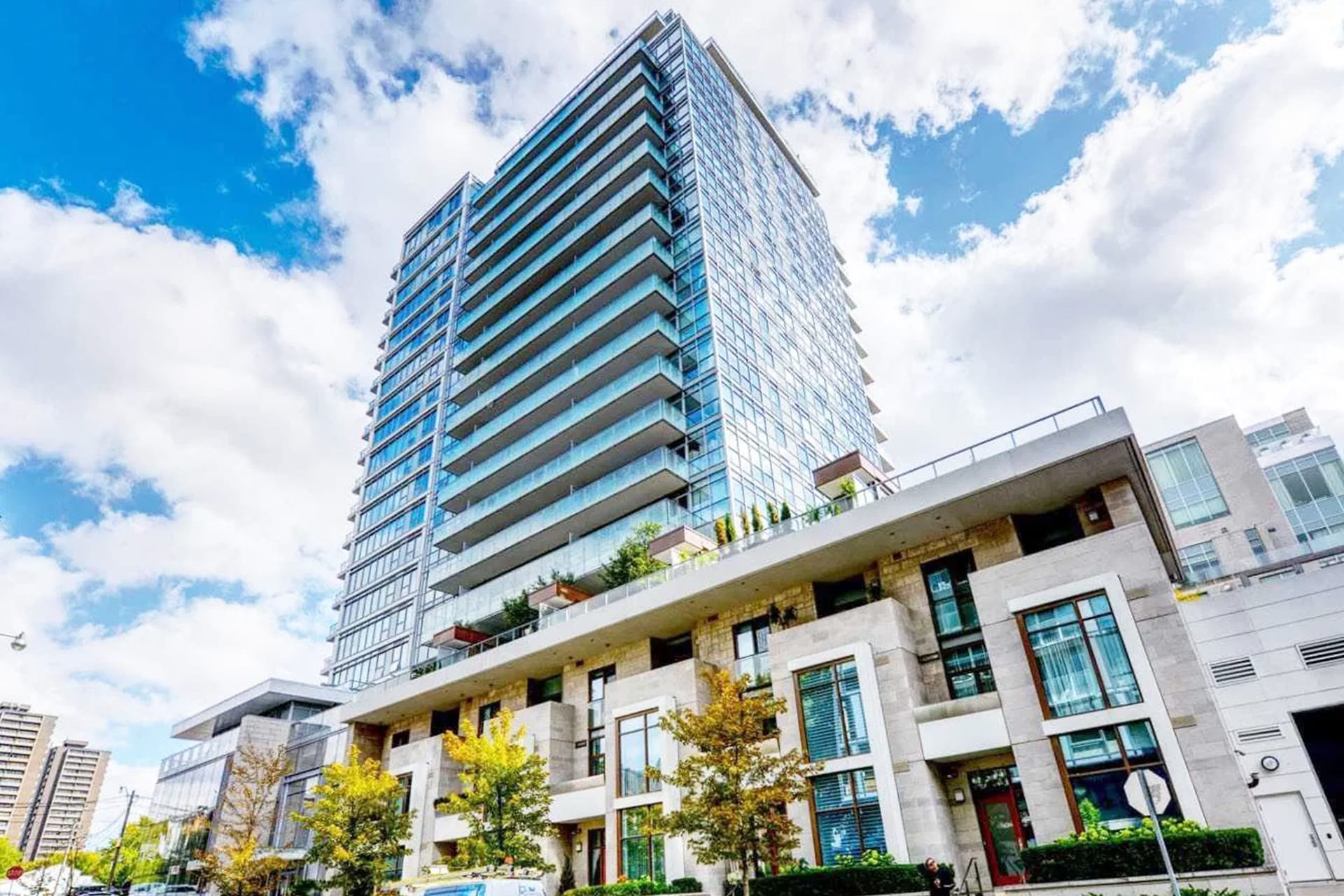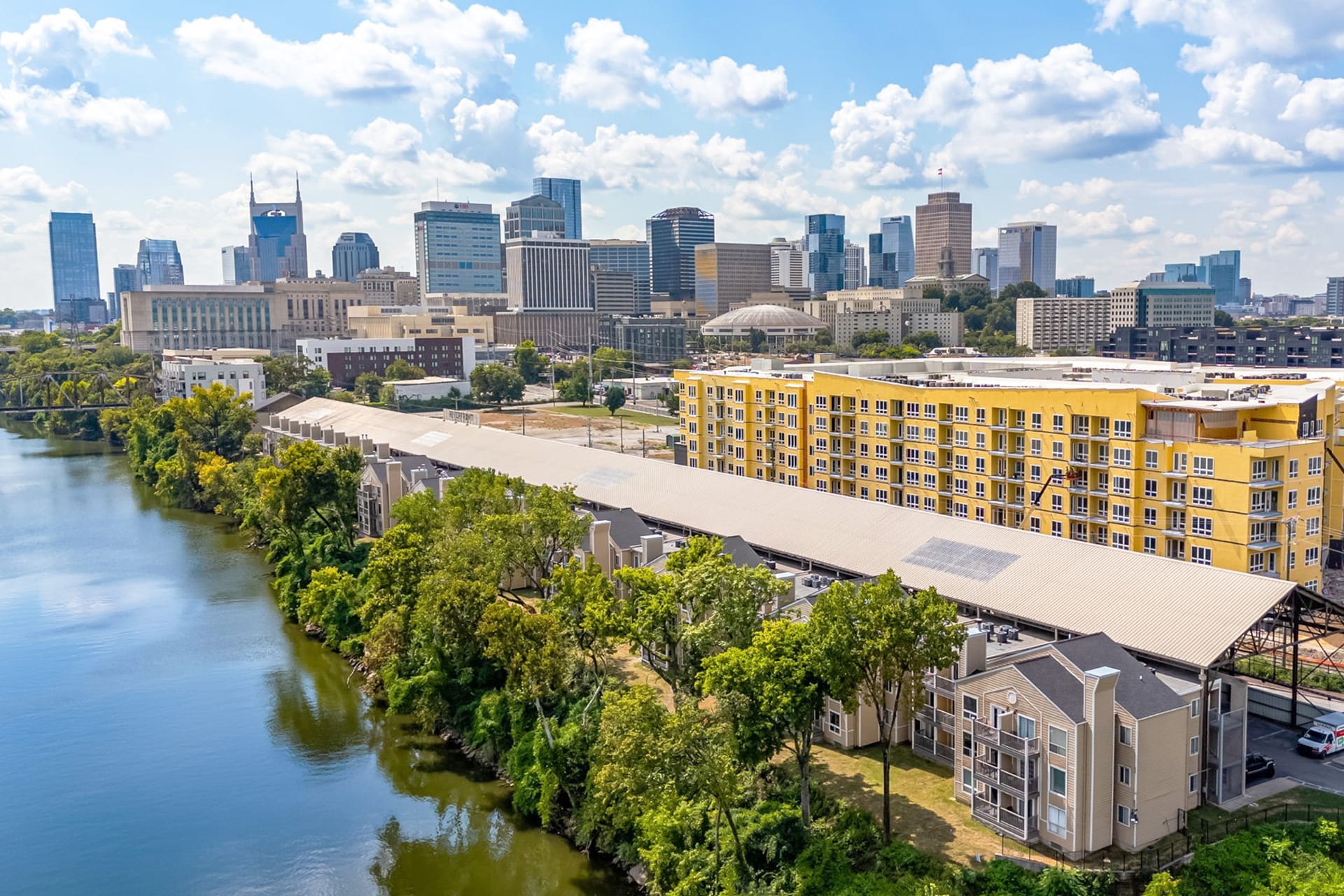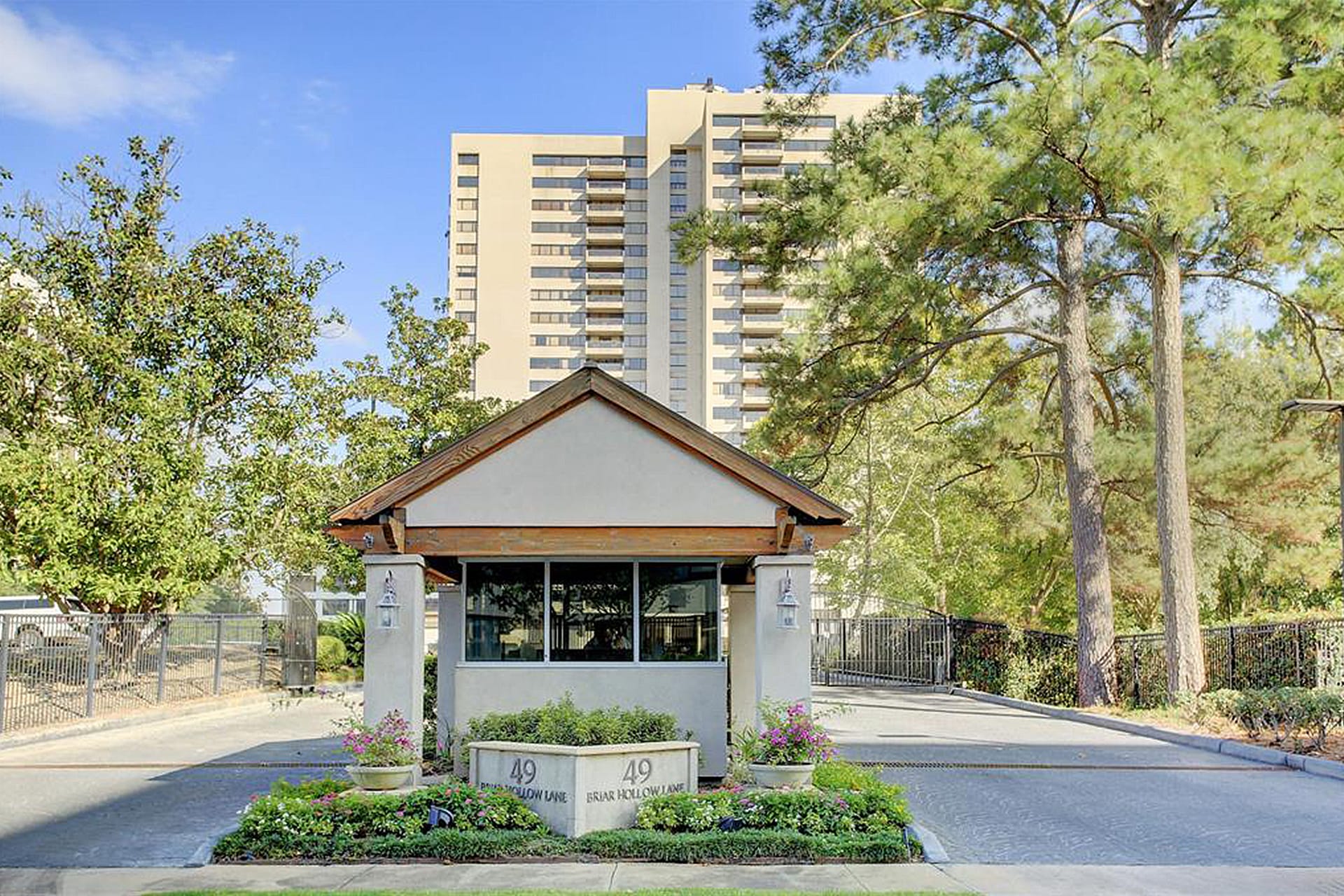Don’t believe the rumours. Special assessments aren’t just for condo communities. Any covenanted community can have special assessments imposed; this includes gated communities and HOA-governed communities.
Click here to download our special assessment letter template
What is a special assessment?
Why do homeowners cringe when they hear the words “special assessment?” A special assessment is an unplanned payment or levy that an HOA board has to impose on homeowners. Simply put, it is an unexpected and potentially pricey fee that members of an HOA will be required to cover. A special assessment may be levied because of an increase in insurance, an emergency repair, or even a natural disaster.
Unlike a condo community, it’s more common for an HOA to share the total costs equally amongst all homeowners. Special assessments can only be charged to homeowners that will directly benefit from the investment (but this can create some conflict because a homeowner will still need to pay a special assessment for a pool repair in their community, for example, even if they never use the pool). This is different from a regular HOA assessment where you can still get billed even if you don’t live in or near the part of the development that needs repairs.
Shouldn’t monthly dues cover this?
Governing documents typically give an HOA the right to collect periodic (often monthly) dues from homeowners to pay for the ongoing operation, maintenance, repair, and replacement of common areas. Monthly fees will vary depending on the size of the HOA and the number of common areas in the development.
Some of this money from owners should also be allocated to a reserve fund, a fund maintained for emergency or unexpected costs. Many HOAs have an accountant prepare a reserve study to help the association establish a long-term schedule of likely costs and repairs. It’s very important to have an adequate reserve fund at all times. That means boards will have to raise dues every so often if they have recently had to dip into the reserve fund. But even well-prepared HOAs may encounter an expense that forces them to levy a special assessment.
There are a number of reasons why monthly dues might not be enough to cover a very expensive or large repair project.
- The monthly operating expenses are higher than expected
- Homeowners have fallen behind on monthly HOA dues
- An unexpected catastrophe or natural disaster caused damage that insurance won’t cover
- The cost of an unexpected repair would deplete the reserve fund
HOAs use special assessments as a last resort, and while boards understand how much of a financial burden they can place on owners, assessments are sometimes the most practical solution.
When can the board levy special assessments?
The HOA’s governing documents set forth the procedures that the HOA must follow to levy special assessments. Homeowners may be required to vote on the issue before the board can go ahead, or the board may only need to provide the community with adequate notice. There may also be limits on the conditions under which a special assessment is allowed.
Many states have adopted laws restricting an HOA’s ability to levy special assessments. For example, some states limit the amount of money that an HOA can collect using special assessments during a calendar year. Others now require a vote of all the owners to levy a special assessment over a certain amount. Make sure the board has a clear understanding of the state and HOA laws surrounding special assessments before moving ahead with one. If in doubt, consult a lawyer.
Sending a special assessment letter to homeowners
After the special assessment has been approved, confirm it in writing. Send a letter to homeowners that provides them with the information they need. Include as many details as possible, such as:
- The reason(s) for the special assessment- be honest and upfront about why the association must levy a special assessment instead of using money from the reserve fund
- Any alternatives that were considered – was there a discussion about taking out a loan from a bank, postponing repairs, or selling common assets?
- The total cost of the assessment
- How much each owner must pay
- If payments are to be made all at once, or if monthly payments will be collected
- Deadlines for payments
- If there are payment plan options available
If your association has permission to send electronic documents to homeowners, you could save some money on print and mailing costs. Instead of using traditional mail, communicate with your community using Condo Control Central’s Announcements feature. Using the property management software, the board can send updates and notices as often as it needs to. And, board members reach more owners in less time. Better communication usually leads to happier communities, even if homeowners aren’t always receiving good news.
Can homeowners refuse to pay?
The short answer is no. Special assessments are almost always met with anger and frustration, but most homeowners do pay what they owe. If someone does refuse to pay, the association can and should enforce penalties.
The HOA’s governing documents should spell out what the board can do to collect payment, however, it likely has the power to assess late fees and fines on any unpaid amounts. Furthermore, some HOAs can prohibit a homeowner from using common areas until all fees are paid up. Additionally, some governing documents give the HOA the right to place a lien on the owner’s property. Because the consequences for not paying a special assessment fee can be harsh, owners should do their best to pay on time. Encourage homeowners to speak with the board right away if they believe they won’t be able to make the payment(s).
What if homeowners can’t pay?
Because they never plan for a special assessment, some homeowners may simply not have enough money to pay the assessment fee. To lessen the financial burden, boards may be able to offer a payment plan option to owners who cannot cover the expense. Check with state laws, as well as the association’s governing documents, to see if your board is in a position to offer a payment plan.
Collecting payments more efficiently
Once an HOA approves the special assessment, it’s each homeowner’s responsibility to pay their part. Sometimes, monthly payments are required for larger projects or repairs. Other times, the board only needs a one-time payment from owners. Either way, collecting, documenting and depositing this money can take up even more of the board’s valuable time.
Instead of asking homeowners for cheques, consider making the payment process easier on everyone by implementing online payments.
With this option, homeowners can safely pay any HOA fee or fine using credit cards, pre-authorized debit, electronic funds transfer or ACH payment. They also get a record of when they made a payment as well as how much the payment was for. Payments are processed right away, and board members don’t have to do so much grunt work. You can even run detailed reports regarding online payments. Each custom report shows the financial information you would like to see and analyze, allowing you to make informed changes or adjustments to payment procedures, as required.
The silver lining
While no homeowner is ever happy about a special assessment, they can typically claim an assessment payment on their taxes. Do check with a tax professional before claiming special assessment payments on your taxes.
Conclusion
HOAs don’t enjoy levying special assessments, but on rare occasions, it’s the best option given the unforeseen circumstances. Do your best to provide homeowners with as much information as you possibly can, explain why the board has elected to levy a special assessment, and help those who may struggle with the unexpected expense. While the community won’t be happy about the decision, with proper communication, most people will understand why it had to be made.
Download Template
Download our special assessment letter template

























